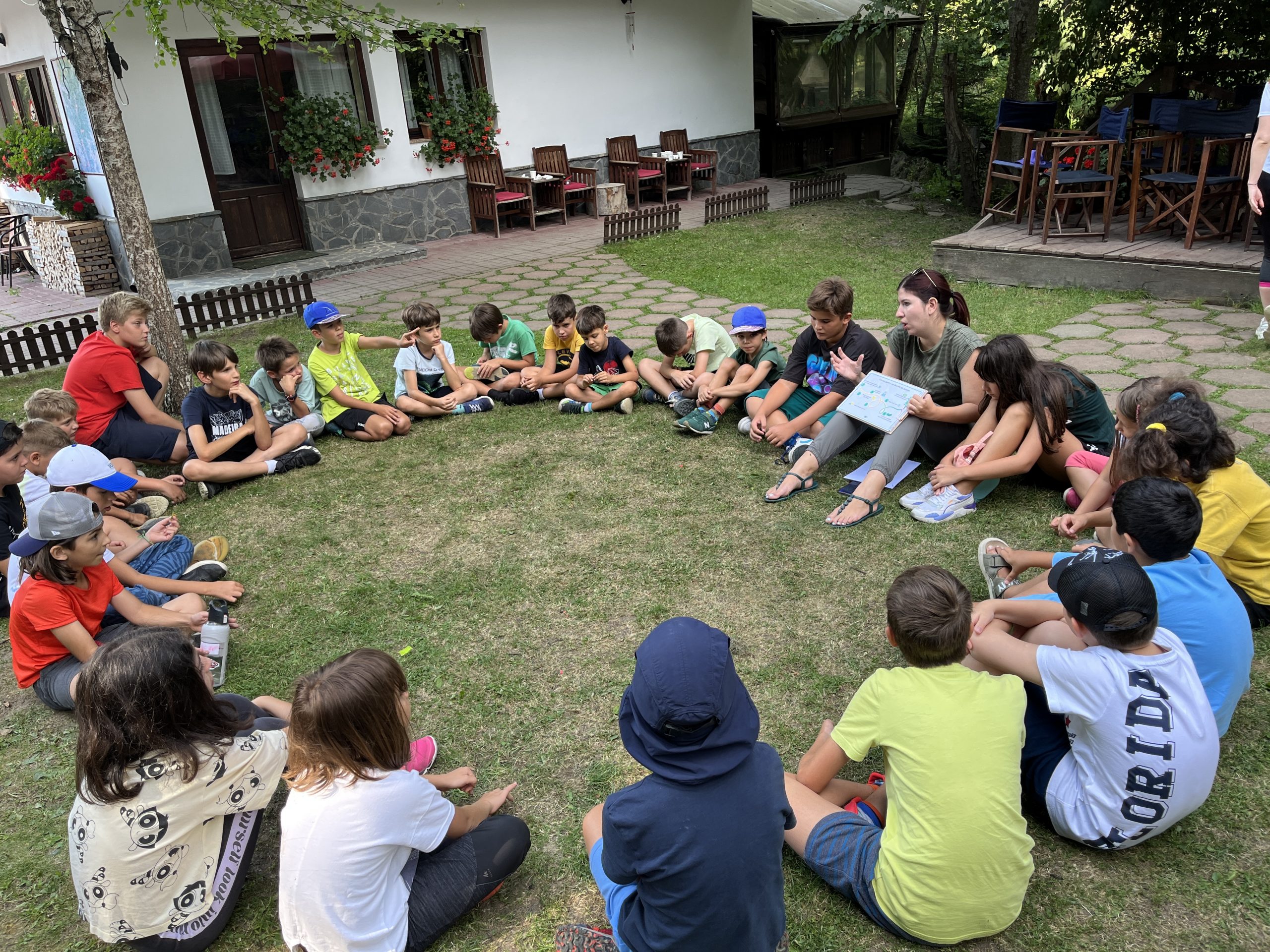
Productivity: important step in building success
We are fascinated and inspired by successful people and their back stories, extraordinary work and effort, and we know about them that they have a flexible mindset with a focus on growth, that they are excited about every opportunity, that they weigh their decisions well, that they learn from the challenges they go through, and we also know that in order to achieve a set of goals, successful people are responsible and productive.
Productivity training should start in childhood and remain an active habit throughout life. Being productive and responsible is crucial for the 21st century, and to ensure that children's development is harmonious, we should support them in this endeavour, help them to be motivated, productive and responsible in and for their decisions.
What is productivity?
Productivity refers to how a person manages their time, energy and attention effectively in order to complete a task or achieve a goal. To be productive a person must have planning skills, must prioritize, focus and persevere in the face of challenges. Also, in the specialized literature, it is emphasized that in order to be productive, a person must identify his needs and, if necessary, take a step back to relax and regain his energy.
Why is productivity important?
Today's world is competitive, overwhelming and sometimes over-scheduled. Children feel the effects of this, and studies show that 7% of children between the ages of 3 and 17 experience high levels of stress and anxiety. In a globalized world, where demands can exceed the personal capabilities of individuals, having skills such as mastering productivity is essential to achieving personal and professional goals in the future. If children learn from an early age to be organized with school and homework, tolerate frustration, focus when completing a task, and persevere in achieving their goals, they will achieve high school results and have more harmonious social relationships.
Parents and teachers play a vital and integral role in developing children's productivity. Productivity is connected with another set of skills such as time management, organization, planning, managing emotions, and all these together help the child to have a harmonious development.
In order for the level of productivity to be as high as possible, children need:
1. "To do" list and planning on the calendar
When the child organizes himself or with the help of his parents, it is easier for him to use his time effectively and be more productive. A short-, medium-, and long-term to-do list, whether in pictures or writing, helps kids plan ahead and focus on one goal at a time.
2. Tolerance of strong emotions
Children do not need to be protected from emotions, whatever their nature, but need to be guided to respond to them in a balanced and appropriate way. When things don't go according to plan, little ones are likely to feel frustrated and confused. At times when children feel overwhelmed by emotions, they need a safe and calming space to express them and calm down.
3. Mindfulness
Mindfulness involves focusing your attention on one thing at a time. This practice is important in maintaining a high level of child productivity. It can be easy to think it's better to do everything at once, but productivity will be higher when we focus our energy on one thing.
4. Weekly monitoring
The end of the week should be marked by a review of successes and things that were not completed according to the original list. The children will be motivated to record as many successes as possible and manage their time better the following week.
5. Different approaches
Increasing the level of productivity is a long process that may require varied approaches. Stimulating a child's creativity and focus are the first steps towards helping them develop meaningful and important skills that will reflect and help them later in life. Remember to be patient as all children are different and may need different types of attention.
Productivity is an essential pillar to empower the child and help him achieve his goals. Lower, an interesting resource about what productivity is and why it is important in children's development.
*Article written by Veronica Dunga, KEN Academy trainer.
